Industry Overview
The emergence of COVID-19 as a global pandemic in 2020 has had a significant impact on various industries and human behavior changes. The pandemic is shaping the food delivery trend in this industry, accelerate the digital strat-egy planning and raise the proportion of adults using takeout or delivery. According to the statistics provided by the Ministry of Economic Affairs in 2020, although the economic performance rebounded slightly after May, the economic growth for the year is estimated to decrease by 4.3% to 4.5% due to the impact of a pandemic for the first half-year. Service quality, customer experience, institutionalization, systematization, and standardized management have become the key operating strategies for the catering industry in Taiwan. Today's consumers increasingly prioritize innovations, healthy diets and embrace new technology. They expect engaging experience and satisfaction from enterprises, hence the digital transformation challenge has become a critical issue for the catering industry.
Industrial Relevance
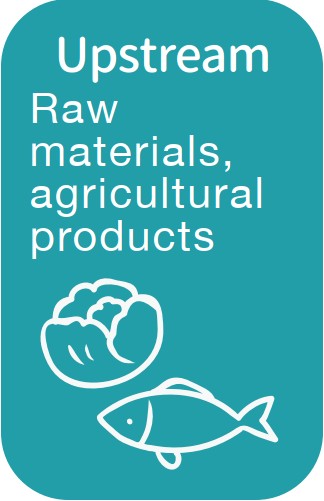




Industry Trends
Improve Efficiency by Optimizing Technology and Accelerate Digital Transformation
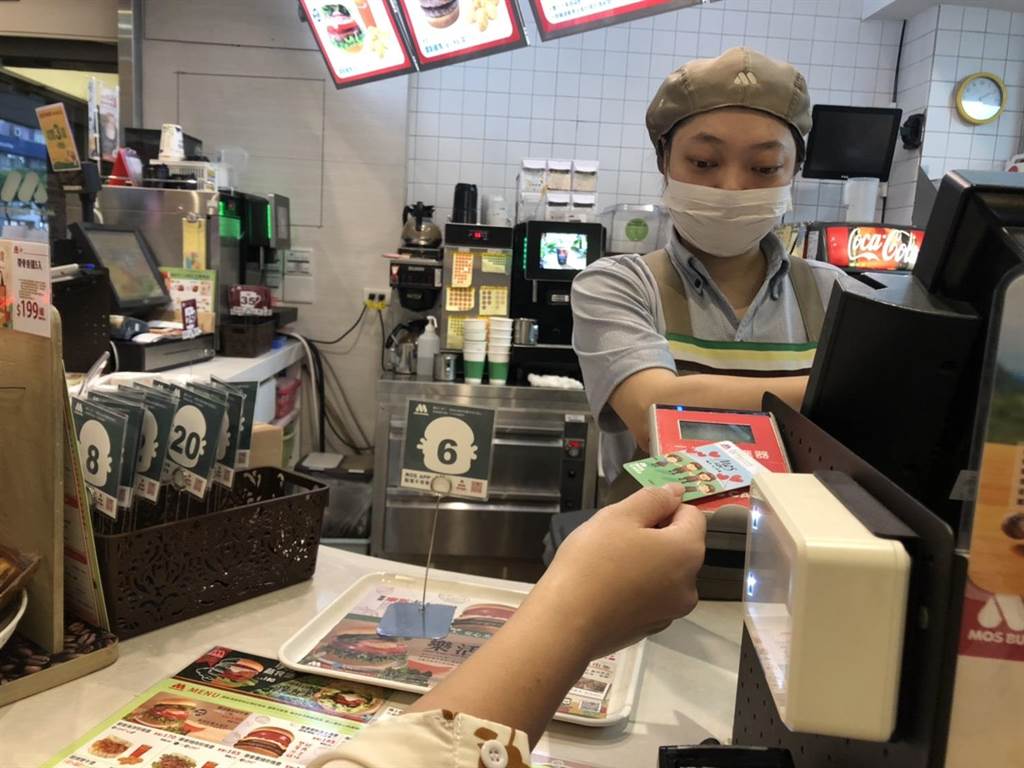
The catering industry is a labor-intensive industry and the rising labor cost has always been one of the main challenges. According to the statistics provided by the National Development Council, Taiwan has entered an aging population since 2018 and is estimated to become a super-aged society by 2025. Therefore, new technologies gradually play an important role in reducing labor costs and labor burdens. For instant, fast food restaurants embrace automation and accelerate contactless dining in response to the pandemic. As a result, the non-cash payments reached 30% and above in 2020. In the post-pandemic era, consumers are more likely to embrace the multiple payment gateways and self-serve ordering. We believe in the future contactless payment by introducing credit card payment in 2019 and accepting LINE PAY, JKO PAY, iPASS, EasyCard, and etc. in 2020, and minimize the risk of cash management at the same time.
Continuous Delivery Market Growth
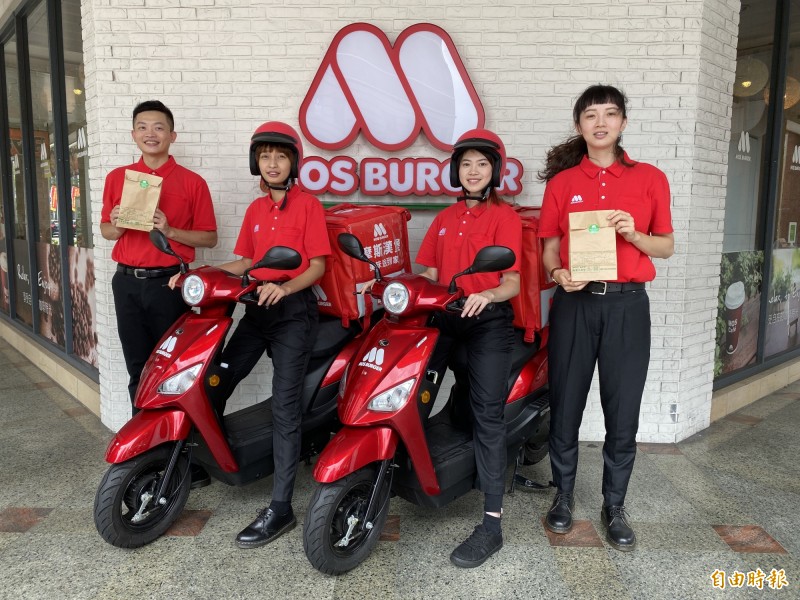
Smart mobile devices are becoming the epicenter of people's lives. Customers nowadays can order food, browse the menu and make payments using smartphones. Due to the pandemic, people prefer food delivery rather than dine-in and take-away. This has changed the business model of delivery service, for example, fresh ingredients delivery service and delivery subscriptions. Aside from working with the existing food delivery platform, we cooperate with the delivery service team from Taiwan Pelican Express Co., Ltd., which is one of our affiliate companies, initially provides service in the Taipei area and within 1.5 km from the stores. Moreover, we purchased 52 electric motorcycles and built the MOS delivery service team on our own. We hope this new platform enables us to reach more customers and become the next business growth driver.
Built An-Shin Smart Farm and Ensure Production

According to the global risks report 2020 published by the World Economy Forum (WEF), the likelihood of the top 5 global risks occurring over the next 10 years are related to environmental risk. This has never happened before since the release of the global risk report 15 years ago, which including extreme climate change, failure of climate action plans, loss of bio-diversity, etc, and gradually shifts from economic issues to environmental issues. To reduce the negative impact of climate change, stabilize the supply of fresh ingredients and solve the problem of pesticide residue in the soil, we became the first among fast-food chain restaurant industry to establish the "An-Shin Smart Farm". An-Shin Smart Farm is a vertical farm that grows food indoors with energy-intensive and artificial life support systems. Vertical farming is an extension of controlled environment agriculture (CEA), which uses hydroponic growing techniques and implements biological controls. It maximizes the production capacity, provides stable production, saves water and also overcomes soil and climate issues.
Food Traceability and Environmental Health and Safety
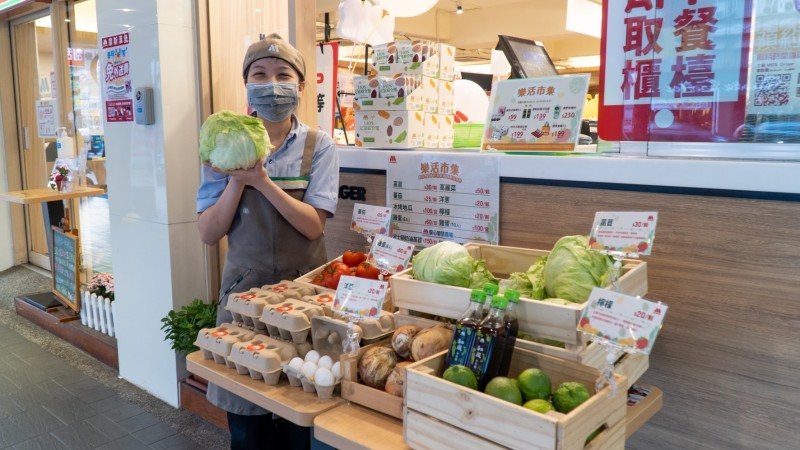
Consumers nowadays are paying more attention to their health and diets, hence emerging a trend of a healthy diet. There are over 80% of Taiwanese consumers consider healthy eating in the recent 5 years by cutting back on highly processed foods, using seasonal and local fresh ingredients and also paying more attention to the food-making process and dining environment. The pandemic has also shaped the home cooking trends and the percentage of "dining at home" raised from 37% to 54% according to the Nielsen report on Taiwan consumers. Besides, consumers begin to pay attention to corporate social responsibility. They care about several issues such as the sources of ingredients, human rights, waste treatment, energy planning etc, which ultimately leads to the overall social contribution of the company.
Climate Change & Plant-Based Diet
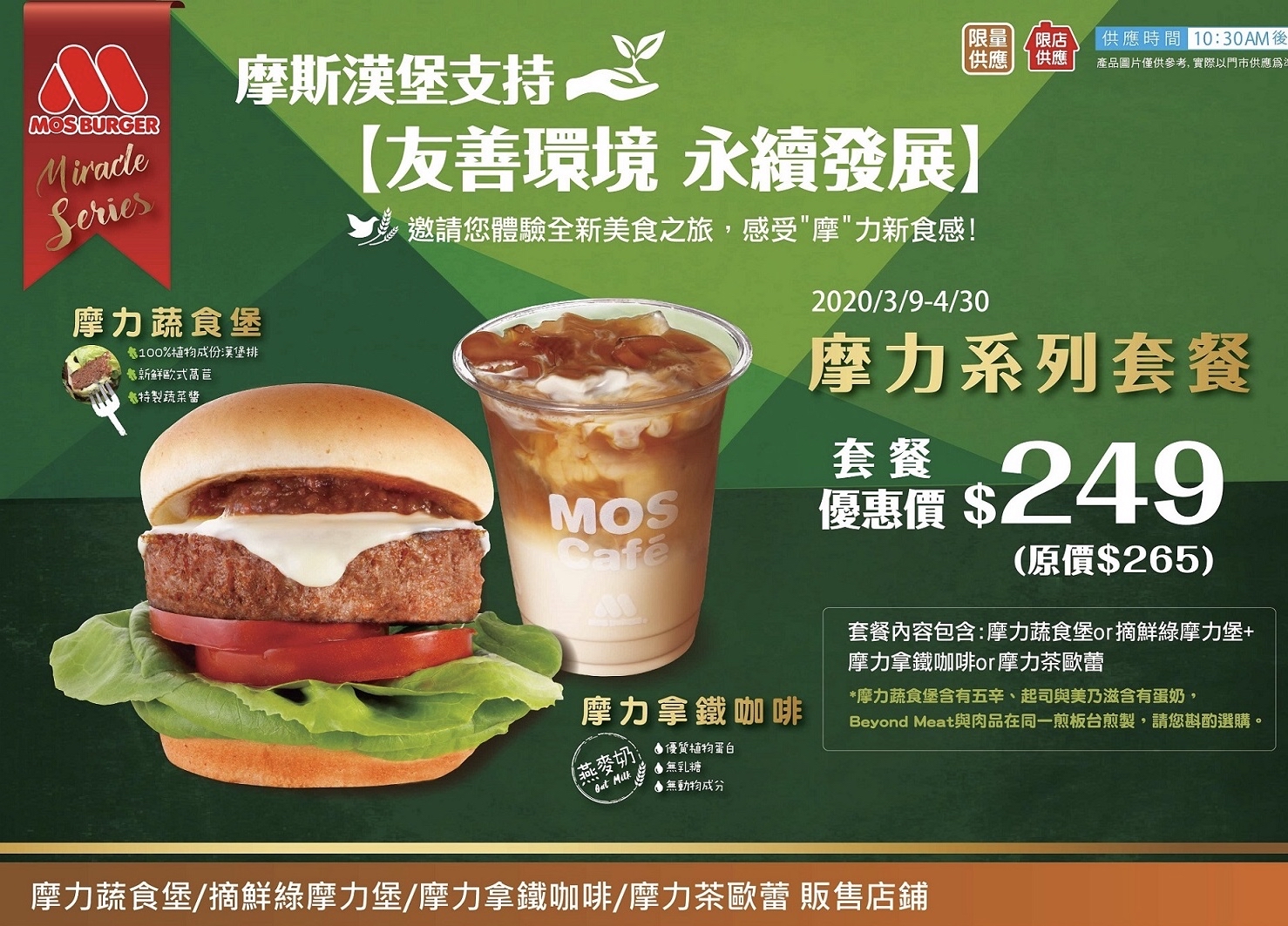
Sustainability has become a key driver to plant-based diet following by climate change and food security issues. People have raised the awareness of their diets and gradually swayed to a plant-based diet which is an act of environmental and animal caring. Consumers tend to eat healthier and eat without any moral doubts after the pandemic, as it shows their attitude towards life. Therefore, we launched the MOS Burger with Beyond Meat, and also MOS Natsumi with Beyond Meat by replacing the buns using lettuce. Besides, we launched iced MOS Oat Milk Café Latte by combining MOS coffee and oat milk. An-Shin is committed to sustainability and we provide a wide variety of choices for our customers including vegetarians, we hope to always surprise our customers with a reasonable and delicious meal.





